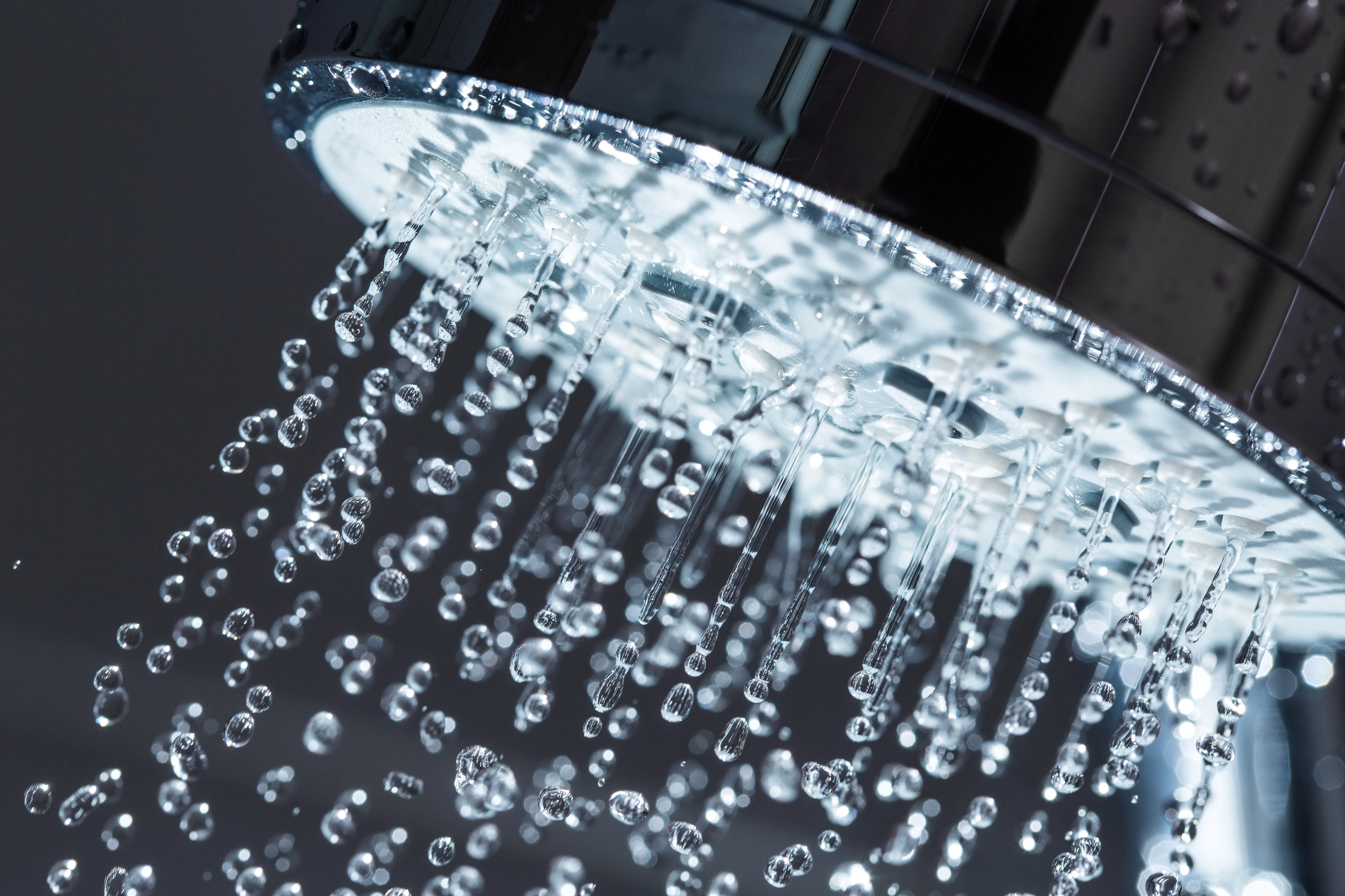
Partner Article
Legionella warning for empty buildings
A health and safety building compliance company has outlined measures businesses can take to prevent potentially-deadly legionella bacteria from getting into water systems during the Covid-19 lockdown.
Eton Environmental Group says during the current Coronavirus crisis, with so many offices, hotels and other buildings closed due to social distancing measures, there’s an increased risk of legionella.
This is because many hot and cold water systems will not be running, increasing the chances of bacteria forming if no action is being taken by the person in charge of the property.
Legionella is a bacteria which can cause Legionnaires’ disease, a lung infection which is caused by inhaling droplets of water from things like taps, spa pools and showers.
Although the disease is rare, it can be very fatal, and it’s usually caught in places like hotels, hospitals or offices where the bacteria have got into the water supply.
Eton, which has its head office in Darlington, but provides its building compliance services across the UK, has provided tips for reducing the risk of legionella bacteria getting into water systems in empty buildings.
It says employers, or those in control of premises who have a duty to understand and manage legionella risks, can take the following steps while their buildings stand idle:
- Use hot and cold-water systems at least once a week. This will maintain a degree of water flow and minimise the chances of stagnation.
- Drain water systems fully if buildings are remain vacant for long periods.
- Clean and descale shower heads and hoses.
- Remove dead legs/dead ends in pipe-work.
- Run shower heads and taps frequently, at least weekly.
- Ensure hot water storage cylinders store water at 60C or higher.
- Hot water should be distributed at 50C or higher with thermostatic mixer valves fitted as closely as possible to outlets where a scald risk is identified.
- Ensure cold water is stored and distributed below 20C.
Eton Environmental Group Director Christian Shaefer said: “There are lots of buildings across the UK currently lying empty due to the Coronavirus lockdown, so it’s important that businesses understand the increased risk of legionella bacteria getting into hot and cold water systems, especially if these buildings are not being maintained at the moment.
“By taking few simple steps, it’s easy to reduce this risk, remembering it’s always better to be safer than sorry.”
This was posted in Bdaily's Members' News section by Neil Shaefer .
Enjoy the read? Get Bdaily delivered.
Sign up to receive our popular morning National email for free.








 £100,000 milestone drives forward STEM work
£100,000 milestone drives forward STEM work
 Restoring confidence for the economic road ahead
Restoring confidence for the economic road ahead
 Ready to scale? Buy-and-build offers opportunity
Ready to scale? Buy-and-build offers opportunity
 When will our regional economy grow?
When will our regional economy grow?
 Creating a thriving North East construction sector
Creating a thriving North East construction sector
 Why investors are still backing the North East
Why investors are still backing the North East
 Time to stop risking Britain’s family businesses
Time to stop risking Britain’s family businesses
 A year of growth, collaboration and impact
A year of growth, collaboration and impact
 2000 reasons for North East business positivity
2000 reasons for North East business positivity
 How to make your growth strategy deliver in 2026
How to make your growth strategy deliver in 2026
 Powering a new wave of regional screen indies
Powering a new wave of regional screen indies
 A new year and a new outlook for property scene
A new year and a new outlook for property scene